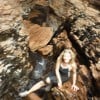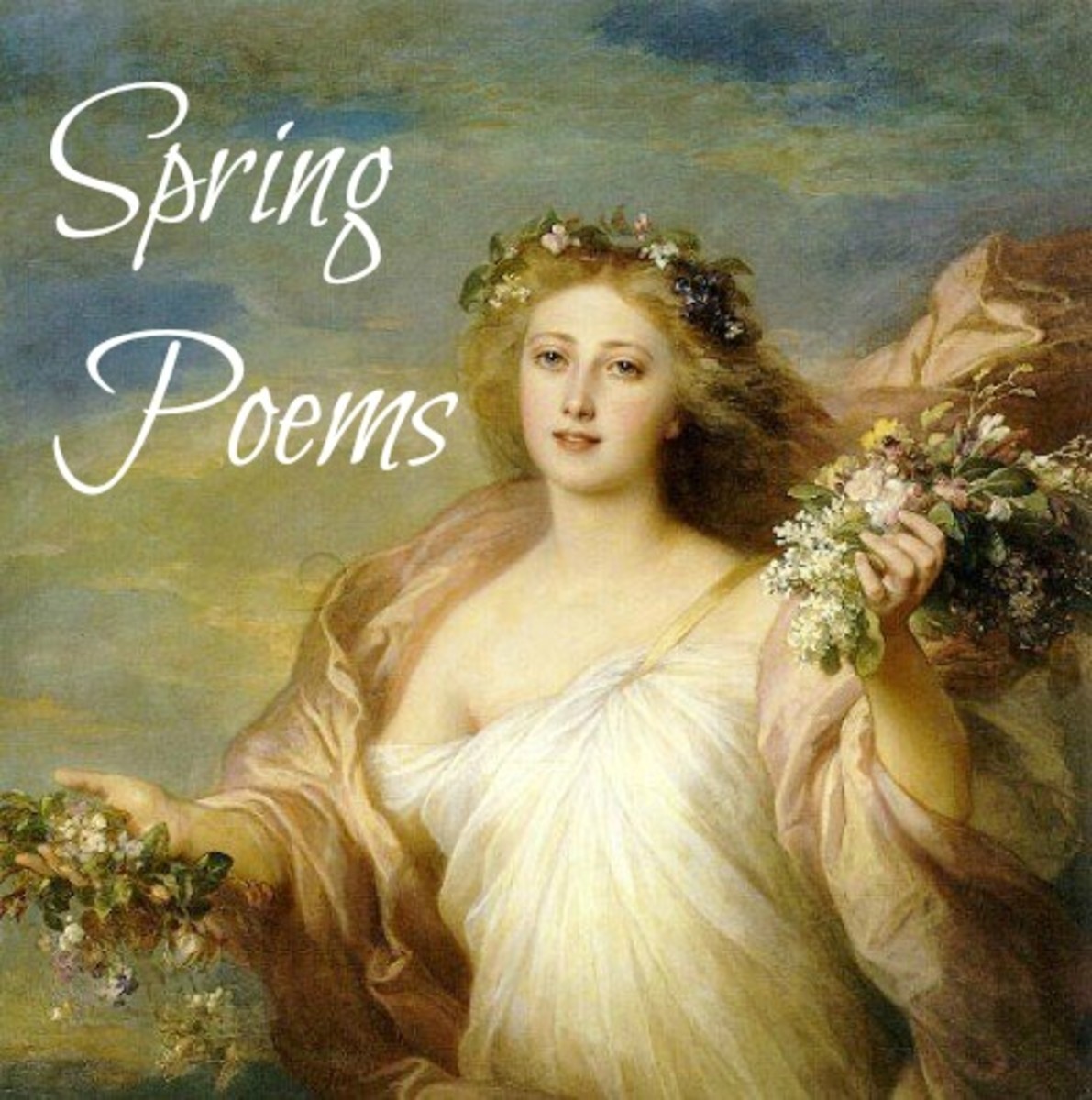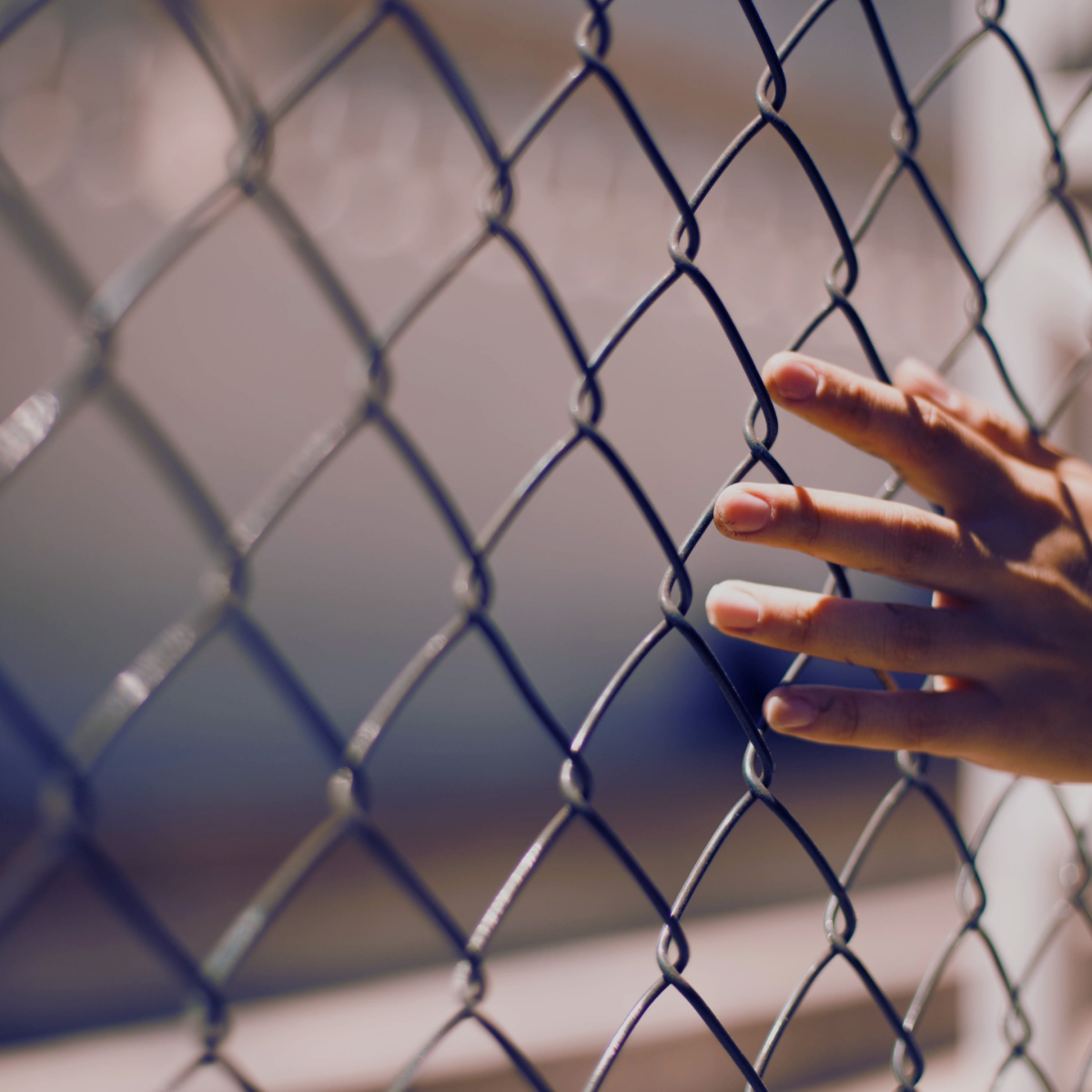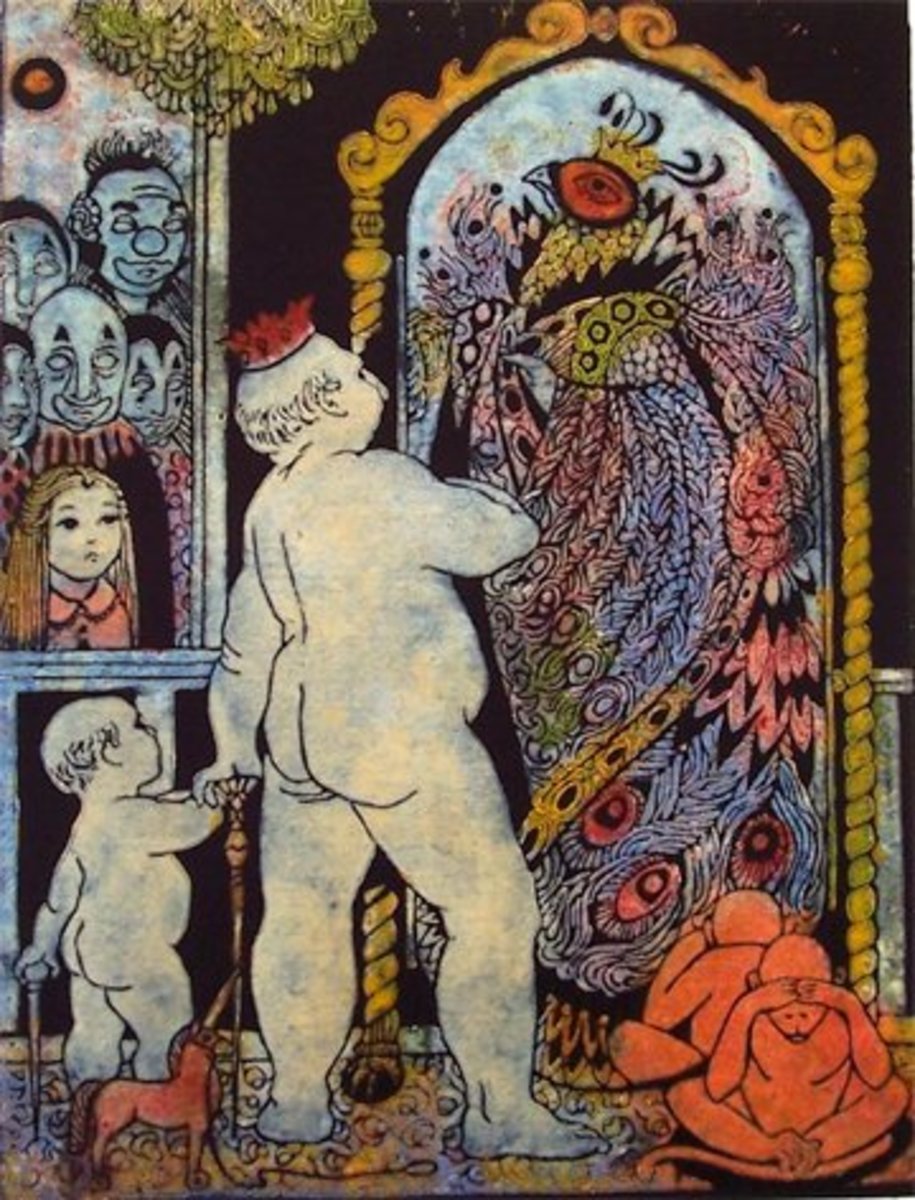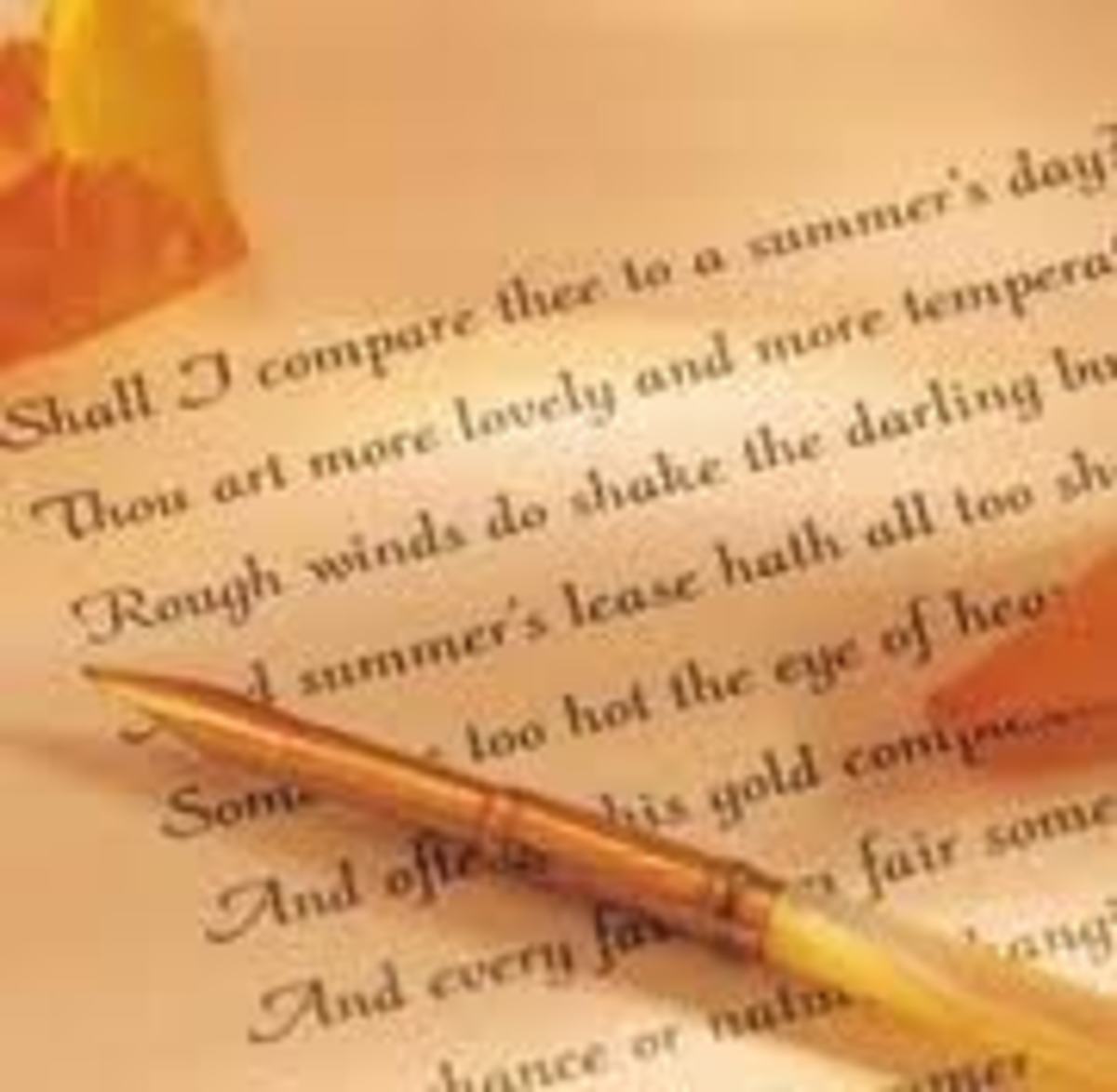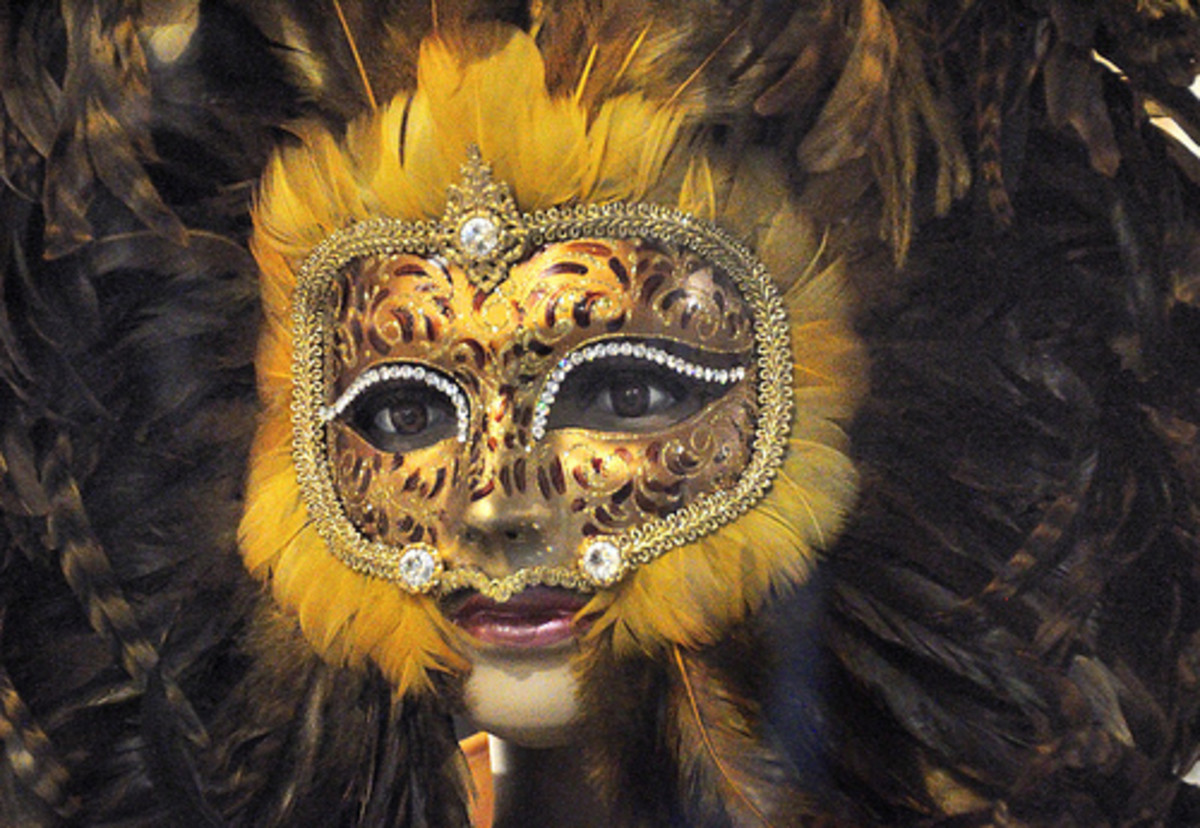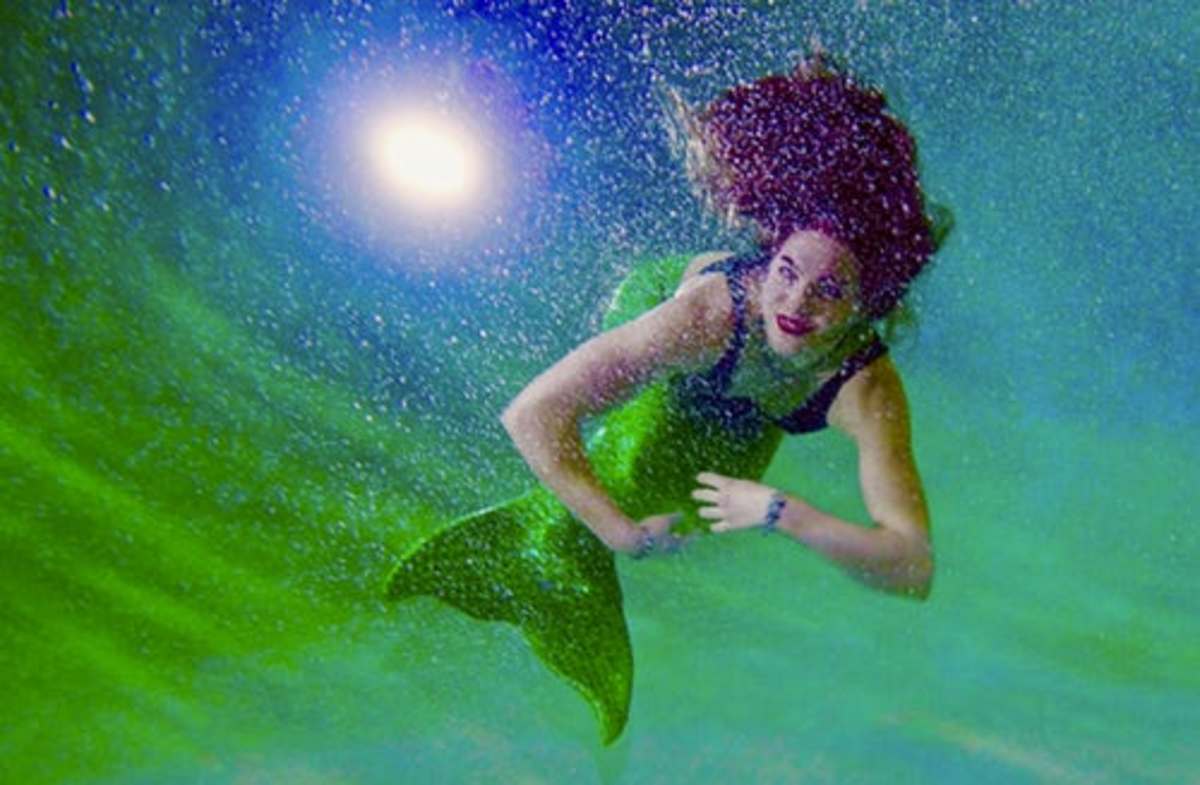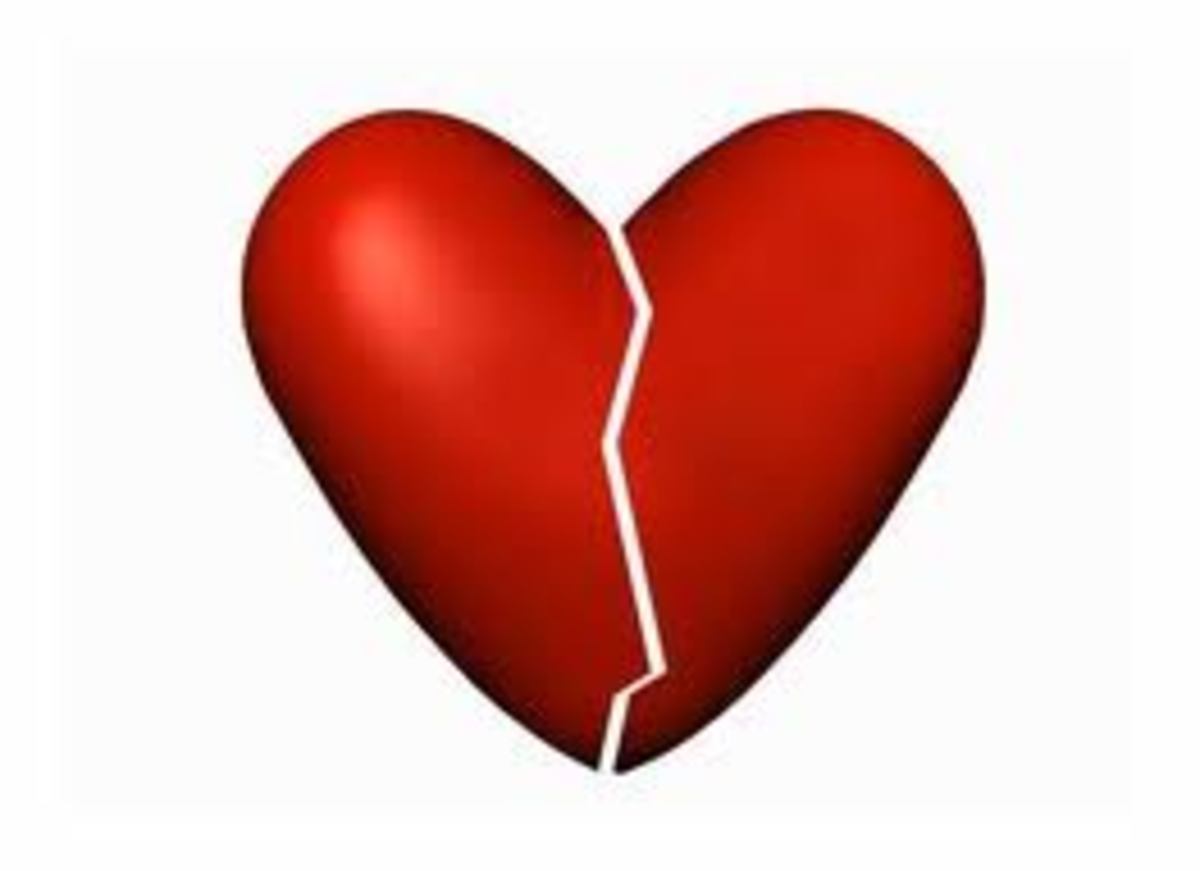Scattered Images in My Mind - Solitary Journey of a Desert Poet
My journey to the north of Western Australia
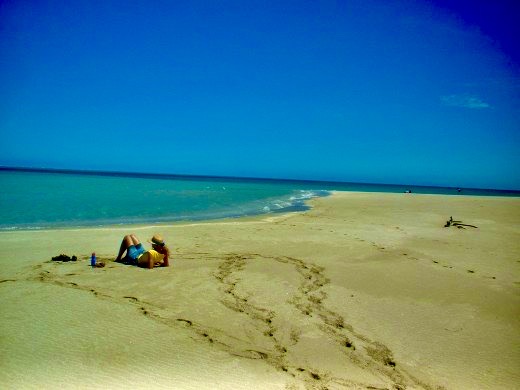
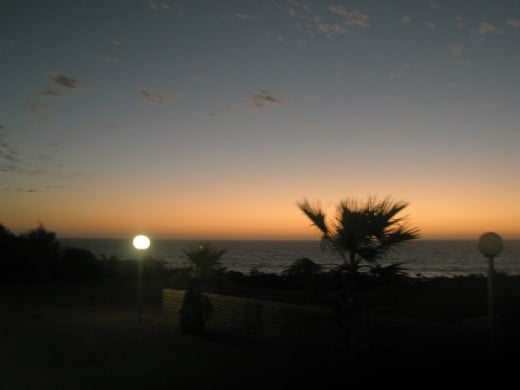
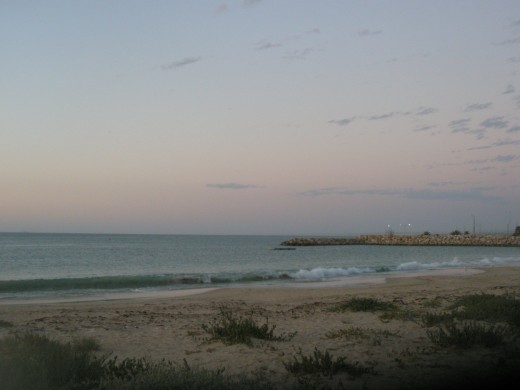
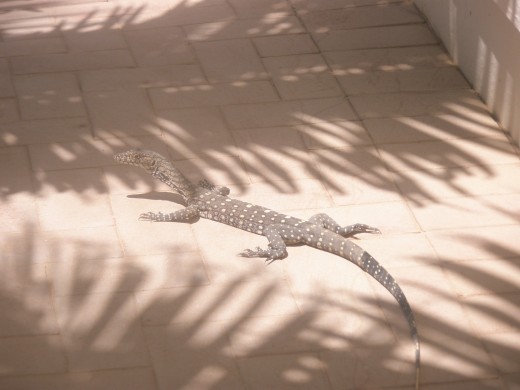
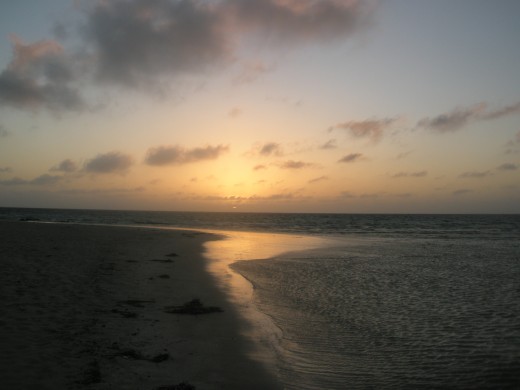
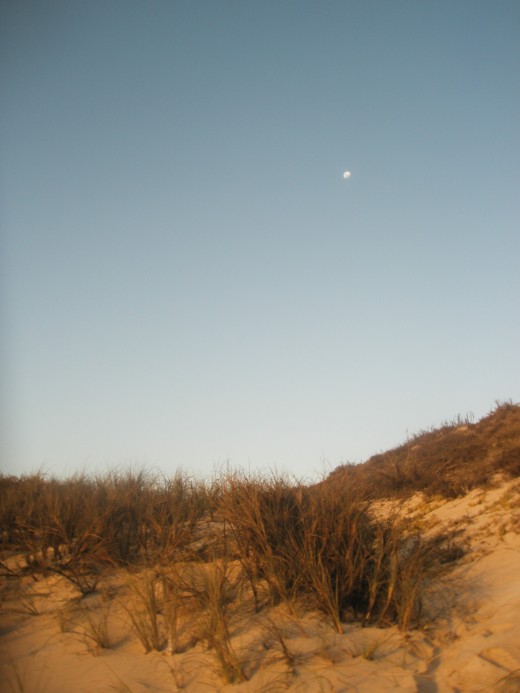
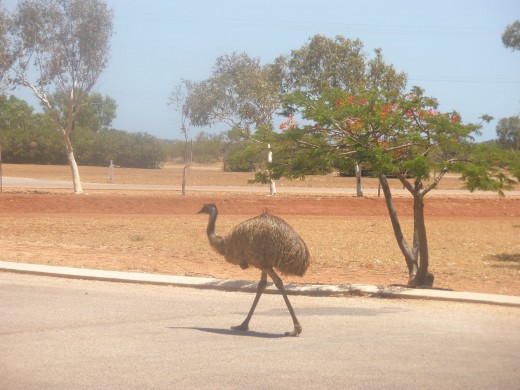
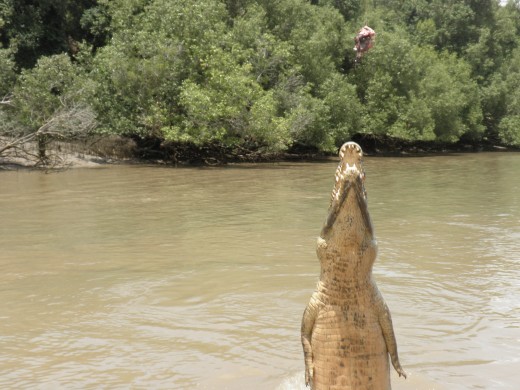
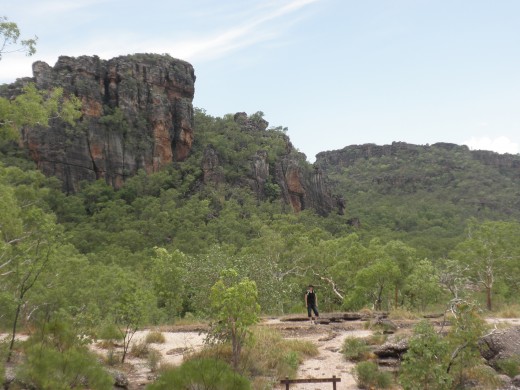
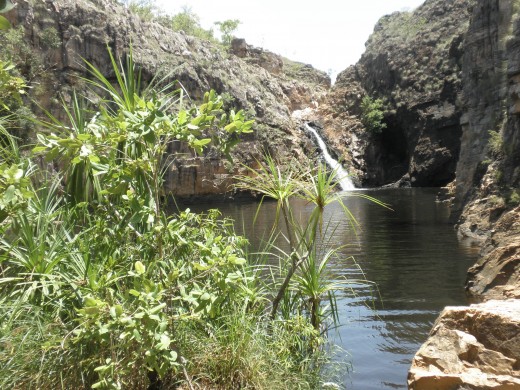
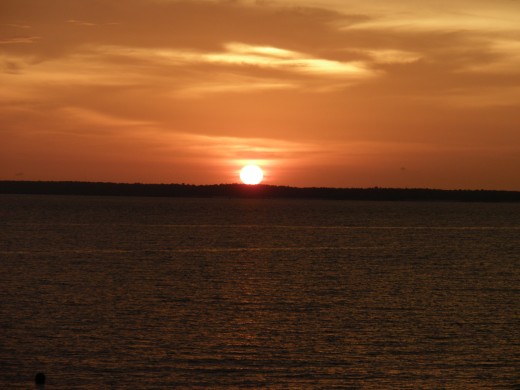
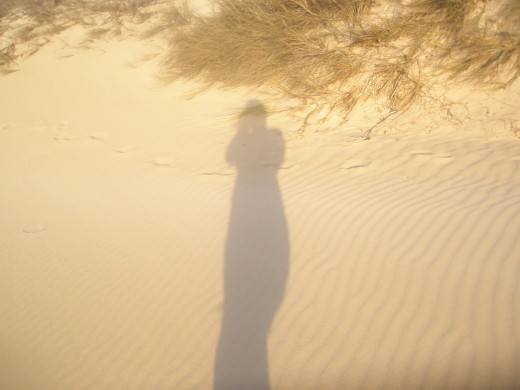
A desert poet and me
I approached an old man
sitting under an ancient boab tree
'He is a magic healer',
its withered leaves whispered to me.
I saw a questing traveller
thirsty for new sights -
roaming throughout the western desert.
A reflective individual
living under the austere codes
of a nomadic life.
An intriguing figure,
this Aboriginal man,
who stands at the heart
of desert beliefs and rituals.
Yet he went out to learn English,
study poetry
and marry a well known poet
from mainstream Australia.
"It was a love match",
he said to me
with a twinkle in his eye.
"I was born in the mid-1930s
at the remote site
of Tjamu Tjamu,
in the Gibson desert
dunes
of Western Australia."
"When did you start
to write poetry?"
I asked.
"As a child
I roamed the desert
with my family group.
My father was
Maparnajarra,
a magic doctor,
who taught me
to rely
on the gifts
of insight and intuition
that lie at the heart
of traditional healing
that is full of magic words.
Poetry is also about words.
Words, words, words...
my wife used to say:
When I have a poem published,
I'll feel like a poet."
Then it was.
Then she used to say:
"When I have a book published,
I'll feel like a poet."
But it did not change anything.
She was always chasing words.
It's still just about
the next word
on the page.
She is dead now,
but her poetry lives on.
On paper,
as you
'white people'
have a need
to write
everything down."
"I know, what you mean,"
I nodded:
"Dylan Thomas said:
'Poetry is
what makes us
laugh and cry...'
The earliest poets,
those travelling performers,
rhapsodies, bards or troubadours,
used spoken words to entertain."
"For my people,
poetry is about
conversation.
'Narrative poems'
are possibly
the oldest type of poetry,
and are still performed
as communication
in desert communities
where many of the people
still could not read or write."
"I loved your storytelling,"
I said,
remembering last night
in the camp,
with a crackling fire
and this poet's voice -
the only sound
in the emptiness of the desert.
"I loved your imagery.
The flexible rhythm
in the tension and the harmony..."
"While still young,
I was marked out for training
in traditional healing.
It involved solitary journeys,
encounters with spirit beings
and the acquisition of acute
sensory powers.
I could see
distant locations
and detect body auras
of troubled patients,
using magic words
to soothe their suffering.
I see poems as a sort
of personal healing.
It's a means
of sharing
frustrations
or joys
about the world."
" You are one of those desert men
with a strong sense of form and style.
Your striking face,
full of wrinkles
and deep lines
has become well known in the media.
Young budding artists
queue to visit your camp -
with their modern camping equipment.
Do you welcome this fame
and intrusion into your solitary life?"
I asked, watching his face turn to me
in surprise.
"Fame brings money.
It would be pointless
to pretend
that I don't welcome
the mainstream recognition
that came my way
so late in my life."
He nodded, looking
at his worn out clothes
and the bush humpy
behind.
"And yet I am,
like all healers,
set to one side
of my own society.
I am a helper figure,
oddly devoid of selfish feelings,
generous with my Western acolytes.
I see myself as a part of
a collective.
I am closely bound
to my community.
I, myself, suffer from
the familiar collapse
of the old desert people -
caught up in the cycle
of modern community life.
He stopped talking for a while
and looked deeply into my eyes:
"But not everything about my people
is traditional.
I travel far to distant towns
such as Kalgoorlie and Alice Springs.
I've seen the drinking camps, courts and jails.
My healing powers,
nor my Western fame,
can help my community -
which is barely functioning today."
" How did you meet your wife?"
I quickly changed the subject,
unable to withstand his gaze.
"When I was still a young warrior,
I travelled across
a wide stretch of desert
to the vicinity
of Warburton mission,
where I learnt English
and was sent to Perth
to study more.
There I met and married my wife.
After some years based there,
I went back north with my wife
to the region of Patjarr rock hole -
one of the core sacred sites
of the western desert.
We helped establish
a new community there.
I was among the crew of men
who cut and graded
the long road into Patjarr
from Gunbarrel Highway.
My wife is dead.
I have no children.
The Patjarr community
is empty now."
I looked up at his sad face,
following his gaze
across the sand.
He started to recite one of his poems,
communicating life in the desert world -
full of grace and poise.
So many traditional words,
in his ancient language.
So hard to understand.
On other hand,
so many words of depth,
the pure expression of his identity:
prompt, lovely, yet unresolvable -
a gateway into absolutes.
They are a testament
and a mystery
all at once.
I approached an old man
sitting under an ancient boab tree
'He is a magic healer',
it's withered leaves whispered to me.
I saw an Australian poet
with no volume of poetry published.
Yet he was known as one -
roaming throughout the western desert,
a reflective individual
living under the austere codes
of a nomadic life.
Anyone can write or say a poem.
No matter how a poem is written or said
No matter where a poem is written or said -
There is one element
that is the same...
EMOTION
